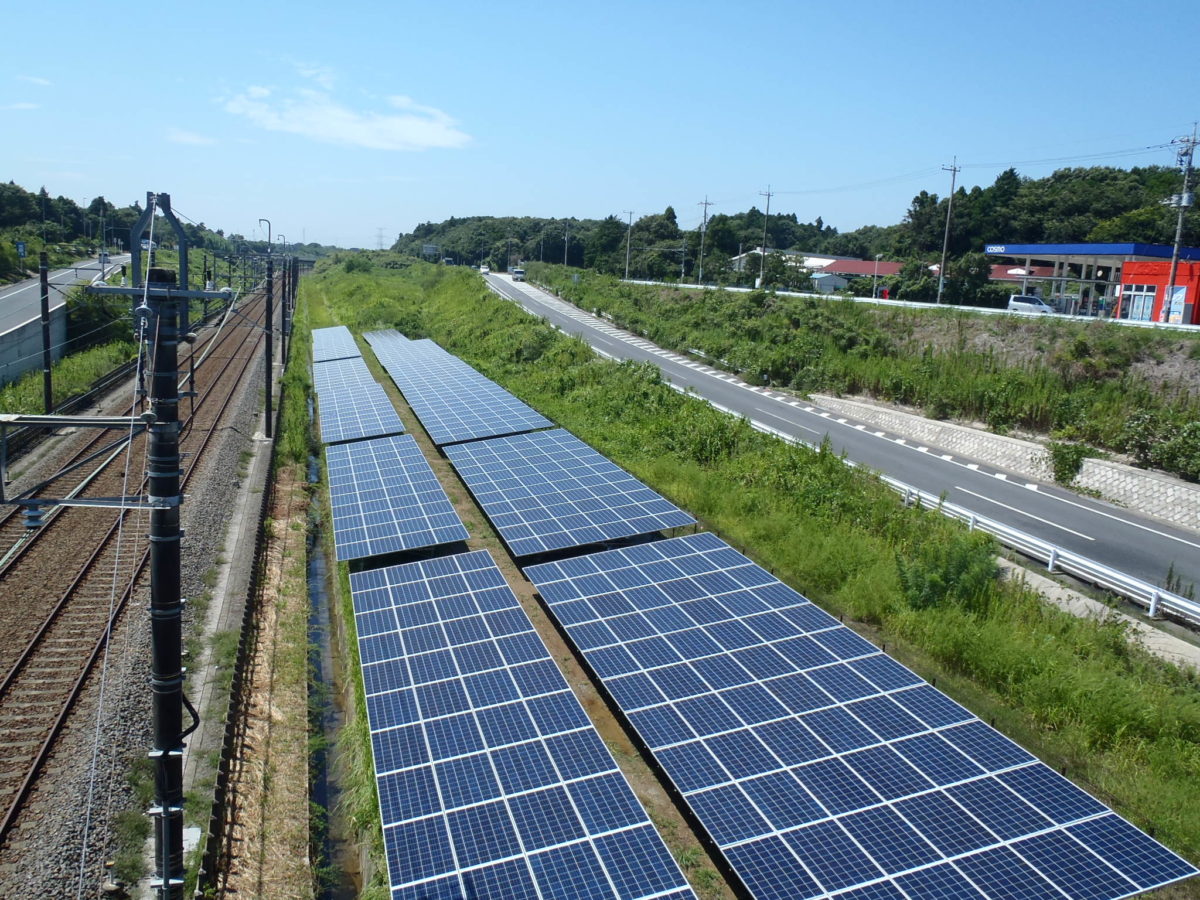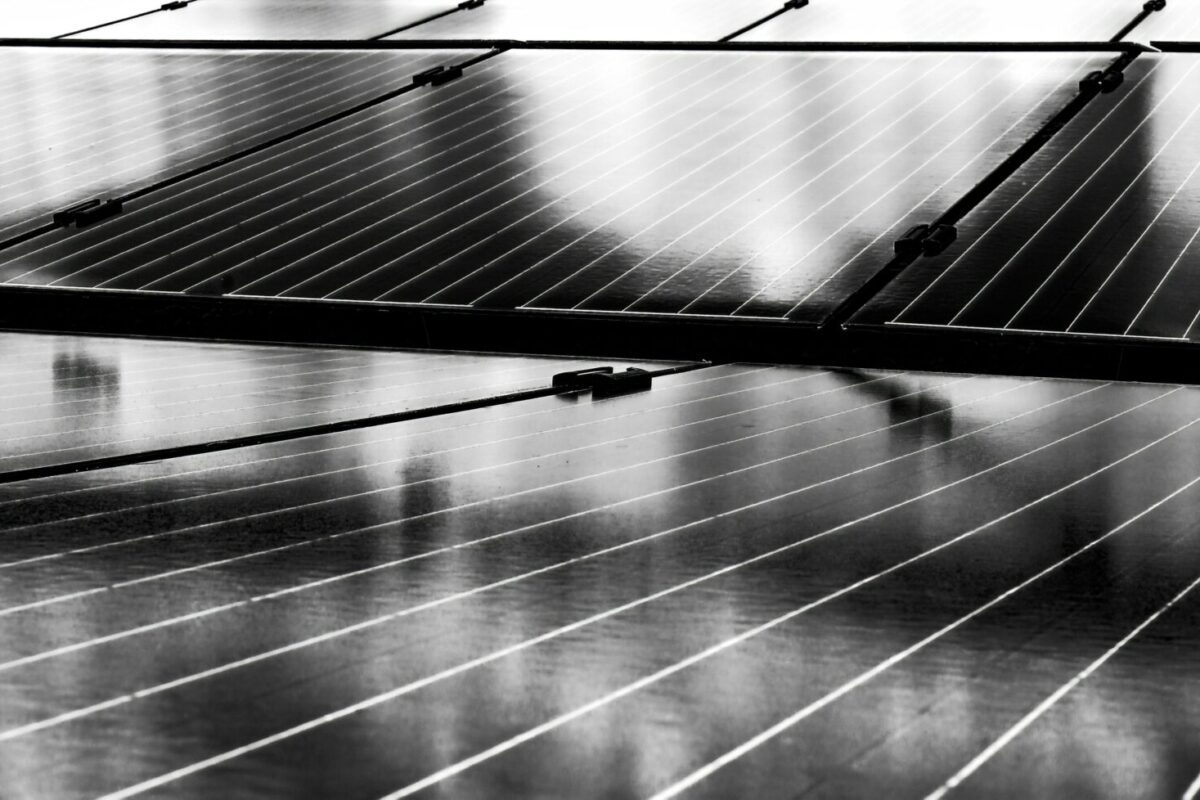The Jasdaq-listed company profit for the April-June period is a significant improvement from the ¥47 million profit it posted for the same period a year earlier. It recorded a return on equity of 12%, from just 1.4% in the first quarter of the last fiscal year.
The Tokyo-based company — which also invests in assets outside of the energy sector in South Korea and other parts of Asia — was managing approximately ¥137.3 billion worth of renewable power projects by the end of June. Solar accounted for nearly 87% of its renewables portfolio in Japan, which spans 23 sites throughout the country. In addition to PV arrays, the company has invested in wind farms, as well as geothermal and biomass projects.
It has invested in 307 MW of PV capacity in Japan, with 14 solar installations — roughly 120 MW of capacity — generating electricity by the end of June. It is now preparing to launch a new fund to focus on brown field renewables investments throughout the country, it said in an online statement, without providing additional details. It also intends to invest in an undisclosed renewable-energy project this year near Japan’s nuclear exclusion zone, although it did not elaborate on its plans.
In late July, group subsidiary Sparx Green Energy and Technology connected a 12.8 MW solar project to the grid in eastern Japan. It claims that the array, which was built along a 10-km stretch of railway tracks in Chiba prefecture, is the longest solar installation in the country. It invested approximately ¥4.4 billion in the project.
This content is protected by copyright and may not be reused. If you want to cooperate with us and would like to reuse some of our content, please contact: editors@pv-magazine.com.



By submitting this form you agree to pv magazine using your data for the purposes of publishing your comment.
Your personal data will only be disclosed or otherwise transmitted to third parties for the purposes of spam filtering or if this is necessary for technical maintenance of the website. Any other transfer to third parties will not take place unless this is justified on the basis of applicable data protection regulations or if pv magazine is legally obliged to do so.
You may revoke this consent at any time with effect for the future, in which case your personal data will be deleted immediately. Otherwise, your data will be deleted if pv magazine has processed your request or the purpose of data storage is fulfilled.
Further information on data privacy can be found in our Data Protection Policy.